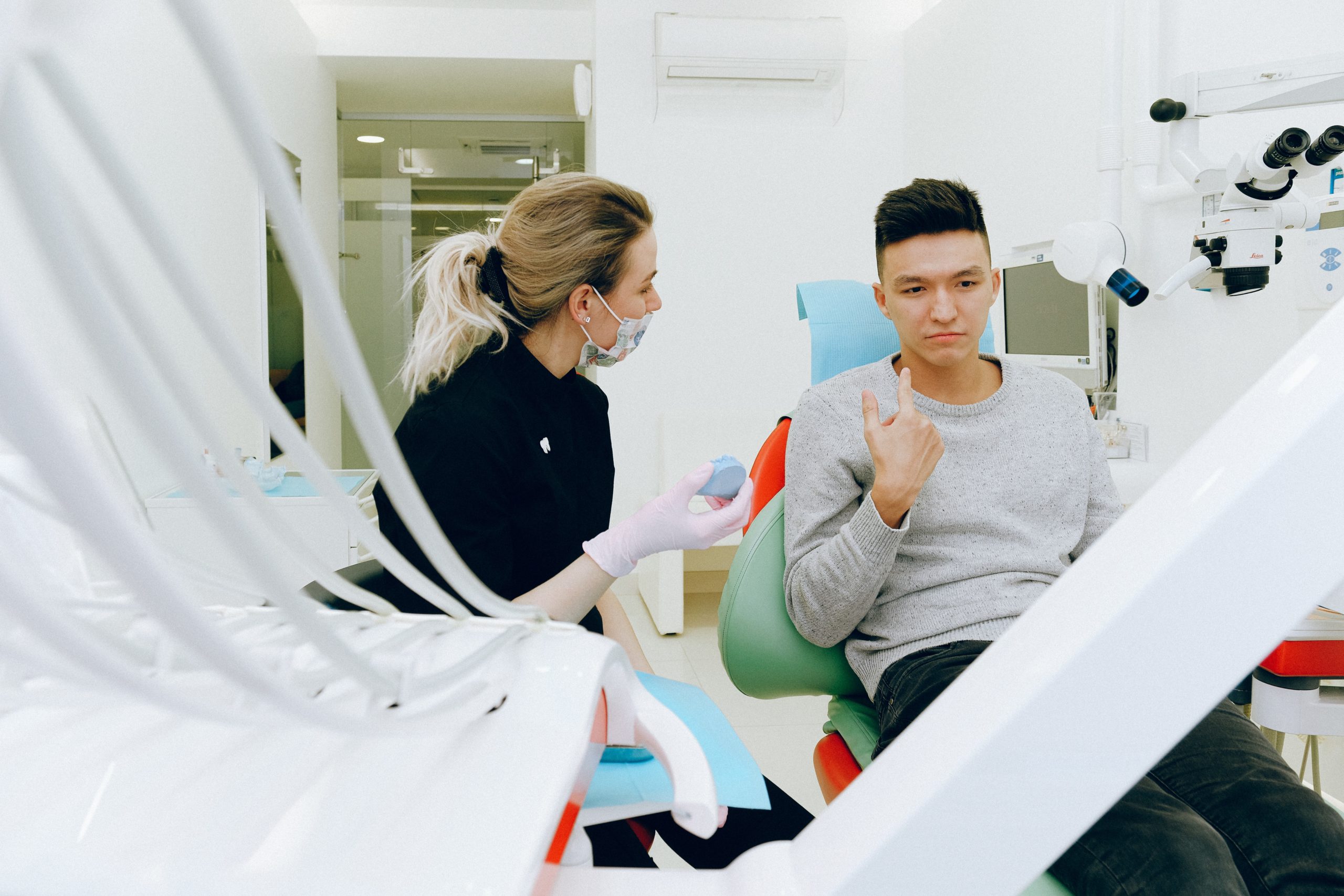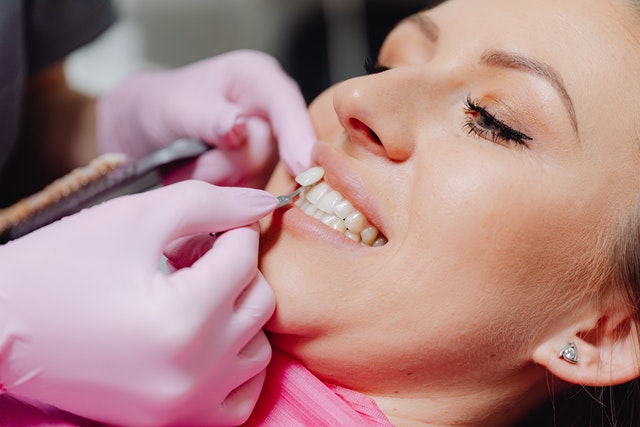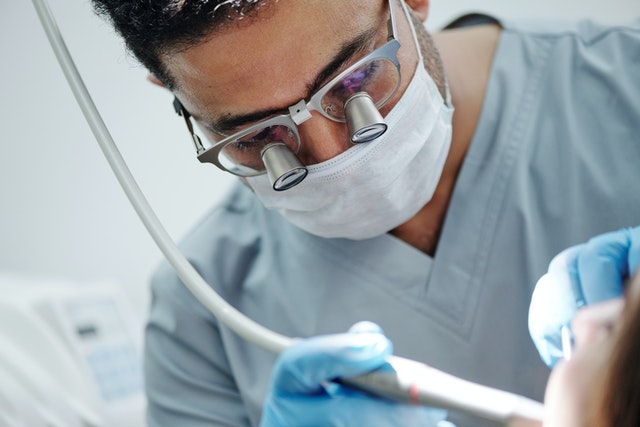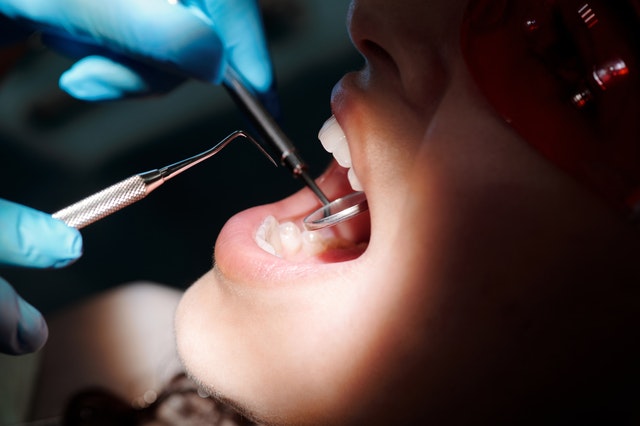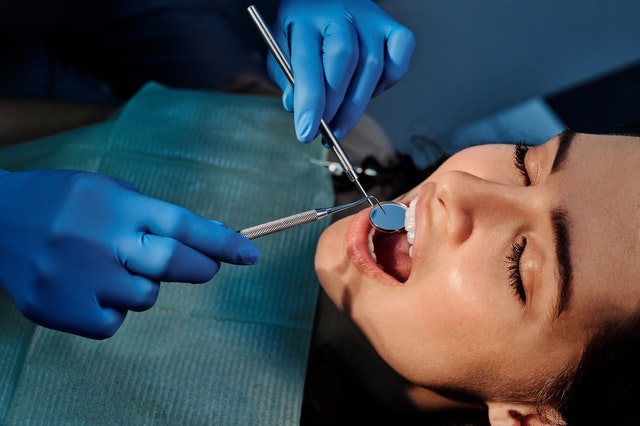If you’ve ever felt a sudden, sharp pain at the base of your teeth while eating or drinking, chances are you suffer from teeth sensitivity.
Understanding teeth sensitivity
Healthy teeth comprise an outer, protective layer called the enamel and a softer, inner layer called the dentin. The dentin has multiple passages that lead to the nerves within each tooth. Sensitivity occurs when the dentin becomes exposed, allowing air, hot and cold liquids, sweets, and other substances to travel to the nerves resulting in pain.
What causes teeth sensitivity?
A variety of factors can cause or contribute to teeth sensitivity. While some factors cause temporary sensitivity, others lead to a chronic experience.
Erosion of the gums
One of the commonest causes of tooth sensitivity is the gradual wearing away or erosion of the gum tissue. Erosion of the gums causes the root of the tooth and the tooth’s nerves to become exposed, leaving them vulnerable to air and other irritants.
Erosion of the gums naturally occurs as we age. Improper brushing technique or brushing with a hard toothbrush can also contribute to gum erosion and dentin exposure.
Gum diseases
Teeth sensitivity can be a sign of gingivitis. Gingivitis is the inflammation of the gums. If left untreated, the condition could result in periodontitis, a more severe form of gum disease that can lead to tooth loss.
Teeth grinding
Teeth grinding or bruxism gradually wears away the enamel that covers teeth leaving the dentin exposed. While the exact cause of teeth grinding is unknown, anxiety, stress, smoking, and alcohol use can contribute to the condition.
Dental procedures
Dental procedures like fillings that involve drilling the tooth can impact the nerve endings resulting in tooth sensitivity. Teeth whitening, whether done at home or in a dental clinic, can also cause temporary sensitivity.
Cracked teeth
A crack in a tooth, sometimes barely visible to the naked eye, creates a breach in the enamel exposing the dentin and leaving it penetrable for air and other substances to reach the nerves causing sensitivity.
Cavities
Cavities are holes left in your tooth as it decays. Over time, if left untreated, the holes can grow larger to expose the dentin.
Ways to treat teeth sensitivity
A variety of over-the-counter remedies and professional treatments are available to sufferers of teeth sensitivity. However, for greater efficacy of treatment, proper diagnosis is recommended, particularly by a dental professional.
- Fluoride applications
Applying fluoride in the form of gels or varnishes strengthens enamel and helps with teeth desensitizing. Although some fluoride products are available over the counter, fluoride varnishes and gels should be applied by a dental professional. - Teeth bonding
Tooth bonding uses a composite resin to repair a decayed, chipped, or cracked tooth as well as root surfaces that have become exposed. Tooth bonding is a comparatively inexpensive dental procedure for teeth desensitizing. - Gum (gingival) grafting
Gum grafting is used to treat the erosion of gum tissue. The most common grafting method used to treat gum erosion is connective-tissue grafts. A connective-tissue graft involves removing tissue from the roof of the mouth. That tissue is then surgically attached to the gum tissue where the erosion has occurred. - Mouthguards
Mouthguards, also known as dental guards, create a barrier between teeth on the lower and upper jaws to prevent grinding. - Root canal
Sufferers of chronic teeth sensitivity associated with tooth decay or infection in the tooth pulp can find reprieve in a root canal. The procedure involves removing the nerve and infected pulp from the tooth and applying a seal.
Do you need a dentist in Klamath Falls?
Teeth sensitivity can be a nuisance, impacting one’s daily life. At its worst, it can mask an underlying dental condition. If you require treatment for teeth sensitivity, contact us at Klamath Smiles Dental Clinic. Allow one of our friendly and experienced Klamath Falls dentists to address your dental needs.
Call us or visit our website today to schedule an appointment to discuss your case.

